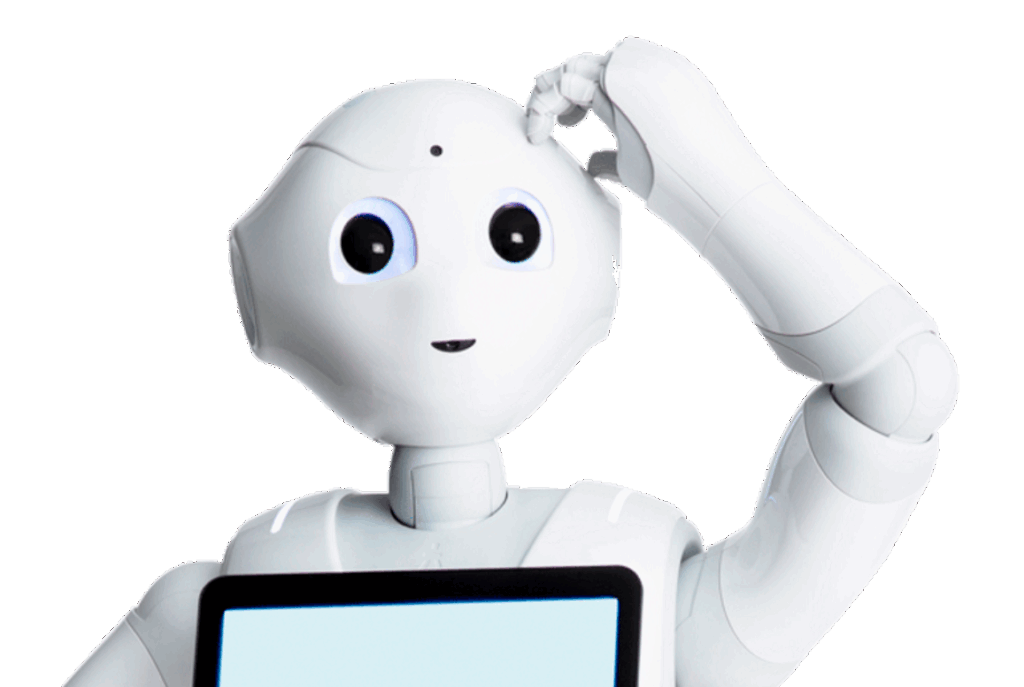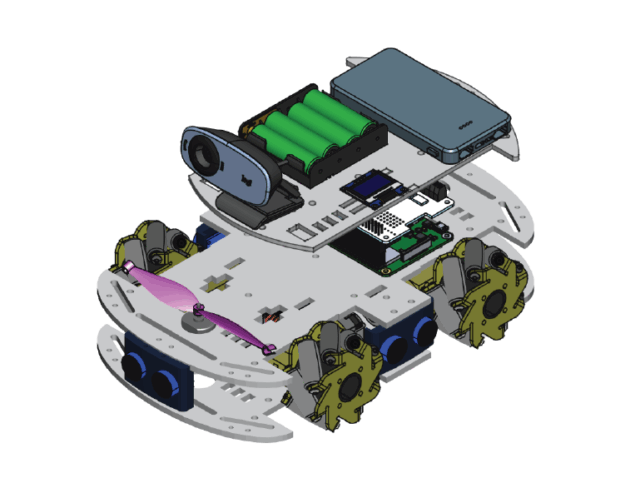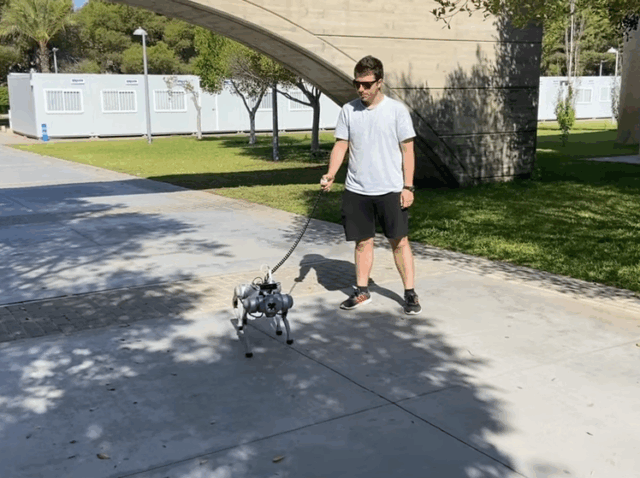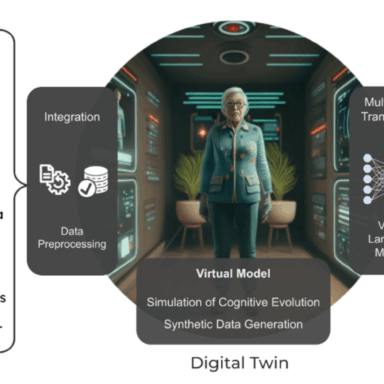Mobile and Service Robotics
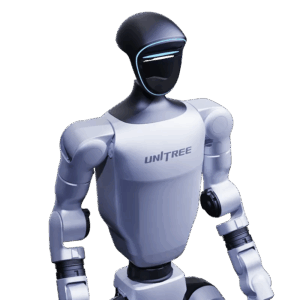
The RoVIT Research Group advances the development of robotic platforms capable of autonomous navigation and providing practical services in real-world environments. Our work focuses on designing intelligent, adaptive, and safe robots that can interact naturally with people and operate efficiently in dynamic and unstructured settings. To achieve this, we integrate cutting-edge artificial intelligence techniques — including machine learning, decision-making under uncertainty, and multimodal perception — enabling robots to understand, reason, and learn from their surroundings.
Research Objectives
Autonomous Navigation
Develop algorithms for mapping, localization, and path planning in complex indoor and outdoor environments.
Human–Robot Interaction
Create natural communication channels using speech, gestures, and multimodal perception to enable intuitive collaboration.
In-site Service Robotics
Design robotic platforms that provide assistance in healthcare, hospitality, education, and industrial support.
Artificial Intelligence and Perception
Use a range of sensors in combination with machine learning to achieve higher-order world understanding for robotics.
Technologies We Use
Simultaneous Localization and Mapping (SLAM) for autonomous navigation.
Deep Reinforcement Learning for adaptive decision-making in uncertain environments.
Computer Vision for object detection, recognition, and scene understanding.
Multimodal HRI frameworks integrating voice, gestures, and others.
Robotic Operating System (ROS/ROS2) for development, simulation, and deployment.
Applications
Impact
Our research in mobile and service robotics contributes to a future where robots become reliable partners in everyday life. By combining autonomy, intelligence, and human-centered design, we aim to create robotic systems that improve efficiency, safety, and quality of life in diverse domains, always bearing in mind our ultimate goal: improve well-being and autonomy of the individuals, and the idea of robots as companions.
